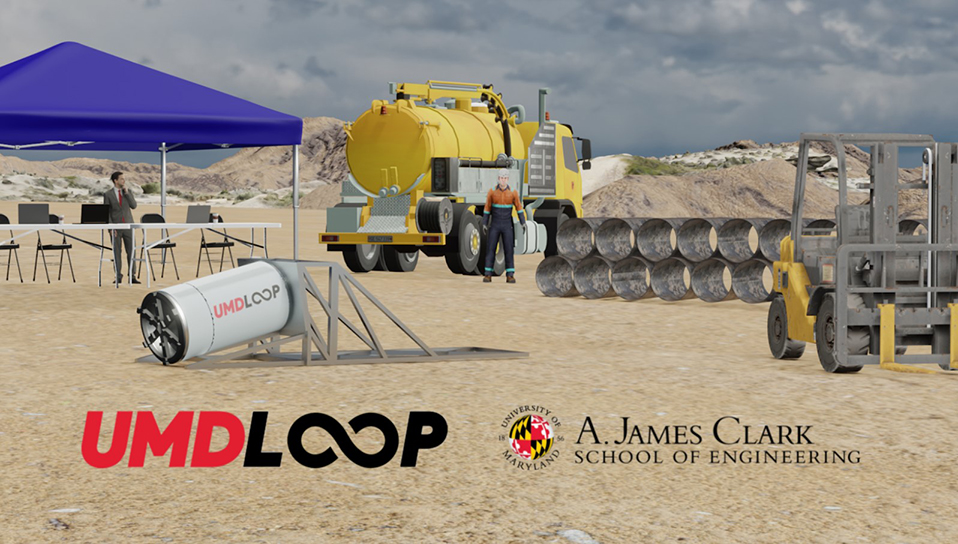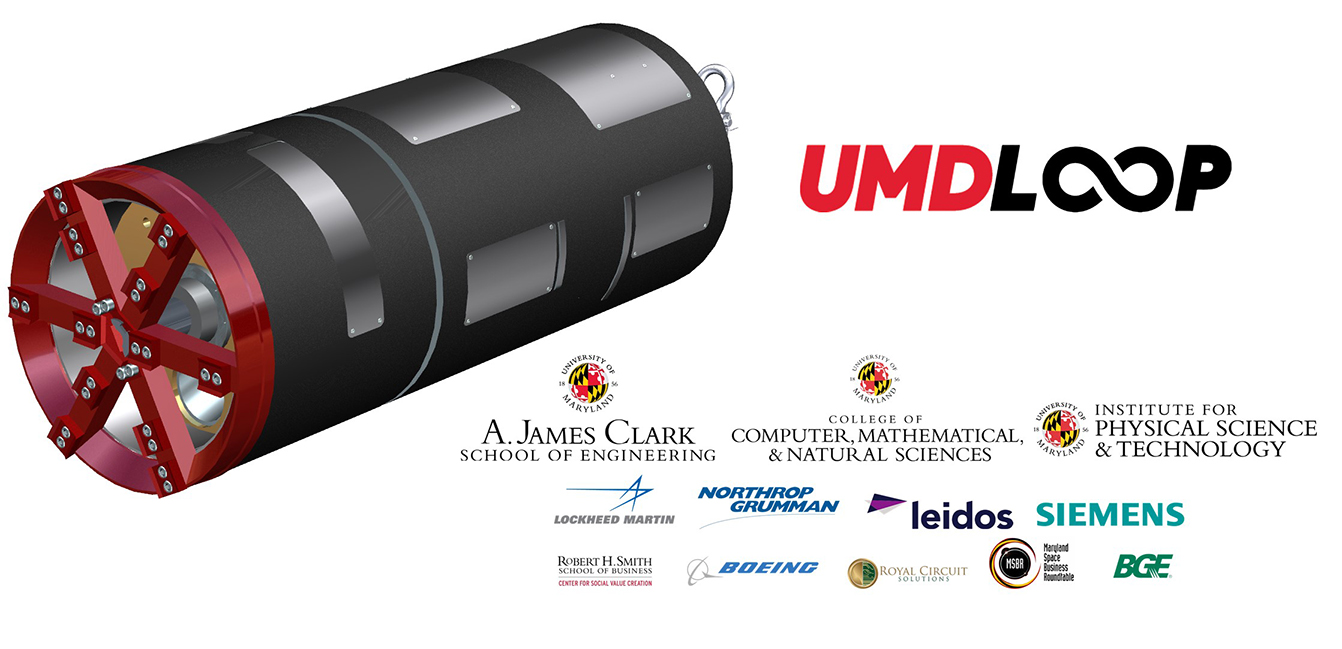 The team, UMD Loop, originally created in 2015 to compete in Musk’s SpaceX Hyperloop competitions, is switching gears to tackle a whole new challenge: building UMD’s first ever tunnel-boring machine (TBM), which will be capable of quickly boring a thirty-meter hole underground.
The team, UMD Loop, originally created in 2015 to compete in Musk’s SpaceX Hyperloop competitions, is switching gears to tackle a whole new challenge: building UMD’s first ever tunnel-boring machine (TBM), which will be capable of quickly boring a thirty-meter hole underground.
The Boring Company’s goal is to build the tunnel infrastructure necessary to enable fast, safe, and comfortable transportation, including Loop and Hyperloop. But creating this large network of tunnels requires innovations in tunnelling speed in order to reduce costs over conventional methods, and that’s where this latest round of competition comes in.
 Nearly 400 international applications were submitted for just twelve slots to compete later this year in Nevada. Teams will be judged and awarded based on the fastest to complete the tunnel, the fastest to complete the tunnel with a driving surface (for a remote controlled car), and the most accurate guidance system.
Nearly 400 international applications were submitted for just twelve slots to compete later this year in Nevada. Teams will be judged and awarded based on the fastest to complete the tunnel, the fastest to complete the tunnel with a driving surface (for a remote controlled car), and the most accurate guidance system.
To get onboard with this new challenge, not only did the team have to learn the “ABCs of tunneling” explained UMD Loop President and aerospace engineering senior Joseph “Rusty” Fulton, but they also had to take a crash course in geotechnical engineering.
“Dirt is an entirely different environment compared to air,” said Logan Swaisgood, aerospace engineering junior and Excavation Team member. “We had to explore all of these new properties like soil friction and earth pressure.”
The team’s design leverages a concept known as “pipejacking.” Starting from a stationary frame, four hydraulic pistons—the pipejacks—drive the tunnel-boring machine forward sixty inches. At the completion of each push, a section of pipe is laid behind the borer to provide tunnel support, and the process repeats until the tunnel is finished.
“This was the team’s first time designing and integrating a hydraulic system,” explained Fulton. “Between the hydraulic system and the tunnel-boring machine, that’s a whole lot of complexity, and that many moving parts are hard to design for.”
Helping ensure that all of these moving parts work seamlessly together is the job of Software Lead and computer science senior Ritwika Das, who also worked on past Hyperloop competitions.
“With this competition, we have two completely different systems that need to work together rather than one, as with the Hyperloop pod,” she explained. “One of the other challenges, is that where the Hyperloop pod needed to perform for only a matter of seconds, our TBM is running for hours!”
Looking ahead, the team continues to build and refine their design as they await announcement of the final competition date . Their ultimate goal is to complete their tunnel in about two hours, which is on par with industry standards, according to Fulton.
While there is still a lot of work to be completed, the students are optimistic about the competition.
“Everyone on the team has this drive to solve hard problems, and that’s gotten us very far,” said Das. “We started off in August, not knowing anything about TBMs, and here we are. Hopefully, that drive gets us to competition successfully.”

